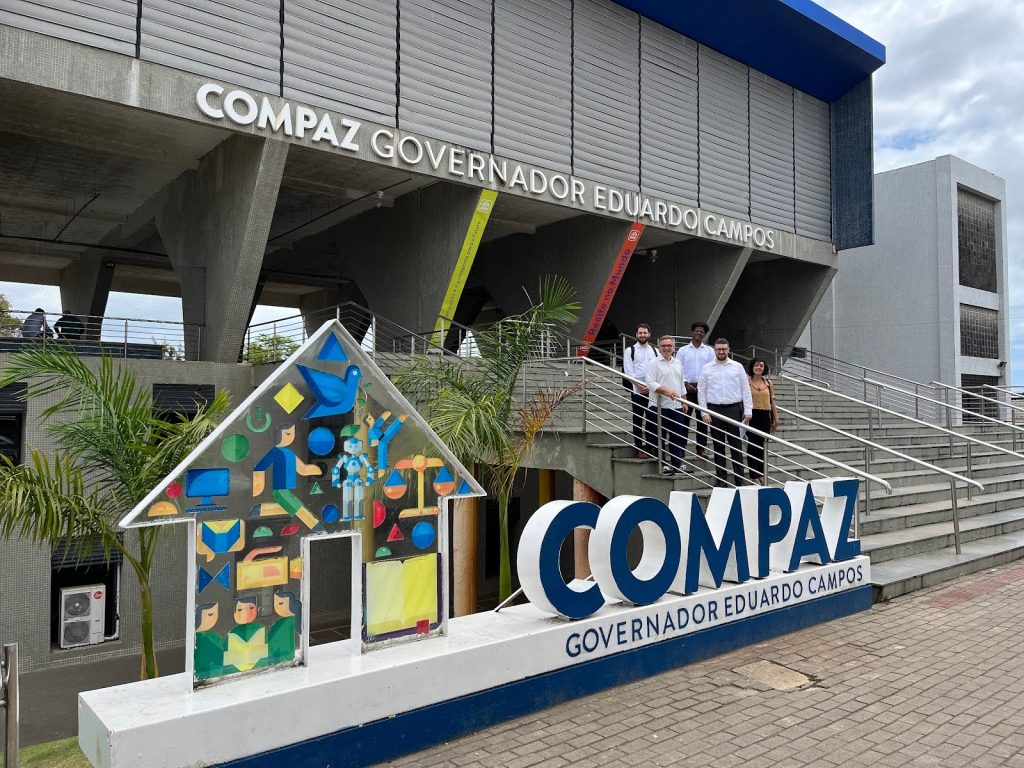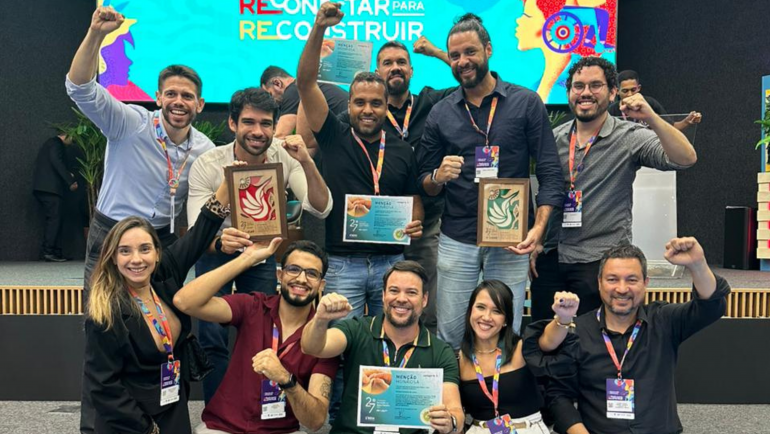Caruaru, Brazil
A Data-Driven Approach Yields Progress on Early Childhood Development.
Project Type:
Community Engagement, Cross-Sector Collaboration, Education, Health and Wellbeing, Parks and Recreation, Youth Development

At a Glance
Launched a 10-year Municipal Early Childhood Plan with 60 goals for the health and wellbeing of expectant mothers and children ages 0 to 6.
The City is making measurable progress on key metrics, including rates of teen pregnancy, maternal mortality and congenital syphilis.
A new community center is the heart of municipal services, professional training, policymaking and research on what works related to early childhood development.
The sparkling new community center that opened in Caruaru in April 2024 is a unique headquarters for all things early childhood. Within its walls, expecting mothers get health checkups and prenatal care, teachers get professional training, parents learn positive parenting techniques in dedicated classes, and there’s no shortage of play areas for children to climb, tinker with toys, or make their way through a stack of picture books.
However, the space is more than a vibrant community center. It’s also a health and education research and collaboration hub, aimed at learning what works in early childhood, a critical time for brain development. The center and its programming relied on best practices (such as disaggregating data) from Urban95, an initiative that elevates children’s perspectives in urban planning. Learnings from the center will spread to the growing number of municipally run daycare centers springing up around the city of 400,000 near Brazil’s eastern tip.

These centers are the most visible products of Caruaru’s data-driven 10-year plan for early childhood, which kicked off in 2018. But there is much more behind the scenes. That plan includes 60 goals tied to measurable results. It’s bearing fruit. The number of cases of syphilis passed from pregnant mothers to their babies declined from 79 in 2022 to 19 in 2023, thanks to stepped up testing and treatment. Rates of teenage pregnancy are down 6 percent since 2022, and the number of pregnant women who died before, during, or soon after childbirth dropped from three to zero.

“Whether it’s health, education, social assistance, or other City Hall services, we have an obligation to deliver with quality. Data helps us measure how we are progressing and whether our investments are paying off.”
Two things stand out in Caruaru’s approach. One is a commitment to engaging residents — and children themselves — in the childhood development effort. A diverse advisory committee of 20 children between the ages of 4 and 12 meets regularly to discuss things they’d like to see in the community. Current priorities include creating a new water park, more activities for kids during an annual local festival and cleaning up the local river.

The other standout is the way agencies across city hall, including health, education, planning and others, collaborate to get results. In fact, there are meeting spaces at Caruaru’s new community center specifically meant to be places where public-sector and nonprofit leaders can team up on youth and family initiatives. Caruaru’s shared, data-driven approach helps different partners stay focused on the results they are working to achieve together. “We do it in an intersectoral way,” says Mayor Rodrigo Pinheiro. “All the departments meet and work together.”
“Certification is extremely important for us to inspire a regional culture of using data. If we can do it in Caruaru, it will be replicated in 50 other cities in the region. By serving as an example, we can spread a culture of data-driven governance to other municipalities in our region.”

60 goals Caruaru's 10-year Municipal Early Childhood Plan includes 60 goals.

